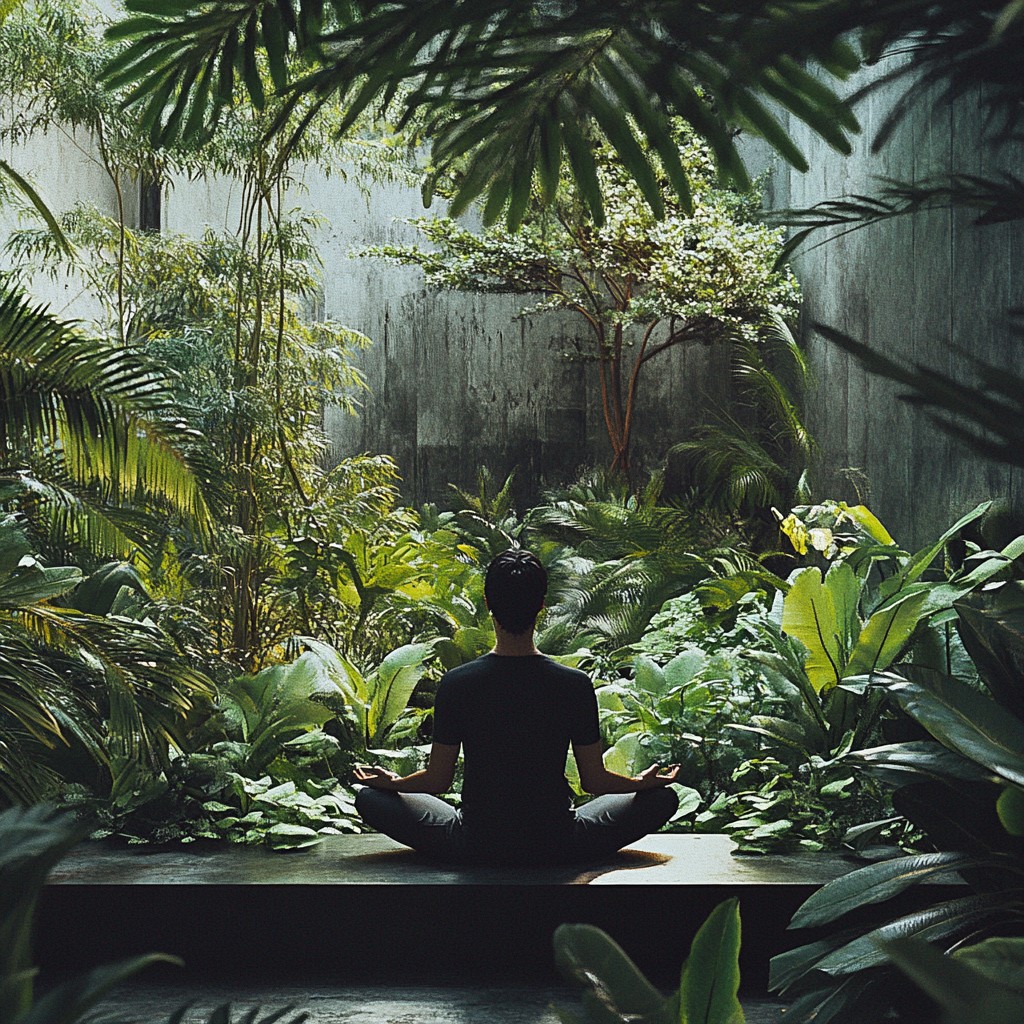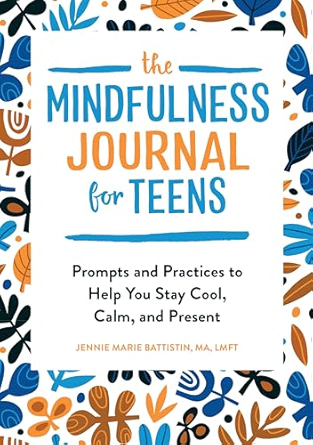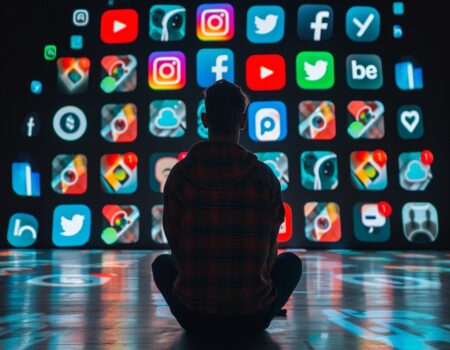In a world saturated with distractions and an ever-accelerating pace of life, young people face unique challenges. Academic pressure, social media, family and societal expectations… all these factors can generate stress, anxiety, and a sense of unease. In this context, mindfulness and meditation emerge as invaluable tools, offering young individuals the ability to navigate these turbulent waters with greater serenity and resilience.
What is Mindfulness and Meditation?
Mindfulness is the capacity to pay attention to the present moment, without judgment. It involves observing one’s thoughts, emotions, bodily sensations, and environment as they are, here and now. Meditation, on the other hand, is a practice that helps develop this mindfulness through regular exercises. There are various forms of meditation, but they all aim to calm the mind and cultivate a greater self-awareness.
Why is it so Important for Young People?
Adolescence and early adulthood are periods of profound change. The brain is still developing, identities are being forged, and emotions can be intense and fluctuating. Mindfulness and meditation offer an internal compass for these young people seeking direction.
Stress and Anxiety Management
Stress and anxiety are increasingly common problems among young people. Exams, peer pressure, future uncertainty… the sources of stress are numerous. Meditation teaches breathing and concentration techniques that help calm the nervous system, reduce cortisol levels (the stress hormone), and develop a better ability to cope with stressful situations. By practicing mindfulness, young people learn to recognize the signs of stress and respond to them more constructively rather than being overwhelmed.
Improved Concentration and Academic Performance
In an information-saturated environment, the ability to concentrate is a major asset. Meditation, by training the mind to remain attentive, improves concentration and memory. Studies have shown that young people who practice mindfulness achieve better academic results because they are more able to focus in class, study effectively, and manage exam stress.
Emotional Regulation and Mental Well-being
Young people can sometimes be overwhelmed by their emotions, whether it’s anger, sadness, or frustration. Mindfulness teaches them to observe their emotions without identifying with them, to welcome them without judgment, and to let them pass. This capacity for emotional regulation is fundamental for preventing impulsive behaviors and fostering a healthy emotional balance, thereby reducing the risks of depression and other mental disorders.
Development of Empathy and Interpersonal Relationships
By being more aware of their own emotions and inner state, young people develop a better understanding of others. Mindfulness promotes empathy, compassion, and benevolence, essential qualities for establishing healthy and meaningful relationships with their peers and family. By being more present and attentive, they become better communicators and build stronger bonds.
Strengthening Self-Confidence and Self-Esteem
By practicing mindfulness, young people learn to know themselves better, to recognize their strengths and weaknesses without judgment. This self-acceptance strengthens self-confidence and self-esteem. They feel more grounded, more secure in themselves, and less influenced by external pressures.

How to Introduce Mindfulness and Meditation to Young People?
It’s never too early to start. Mindfulness can be introduced in a fun and progressive way, adapted to the age of children and adolescents.
- Simple breathing exercises: A few minutes a day to focus on one’s breath.
- Short guided meditations: Many apps and online resources are specifically designed for young people.
- Sensory activities: Mindful eating, attentive listening to music, observing nature.
- Integration into daily routine: A few moments of mindfulness before meals, before sleep, or before an exam.
- Adult modeling: Parents and educators can set an example by practicing themselves.
Conclusion
Mindfulness and meditation are not just “trends,” but essential life skills that can transform the youth experience. By providing young people with the tools to better manage stress, improve concentration, regulate their emotions, and cultivate empathy, we give them the keys to flourish fully, not only in school but also in their personal lives and future relationships. It is a valuable investment in their mental well-being and their future.










No Comment! Be the first one.